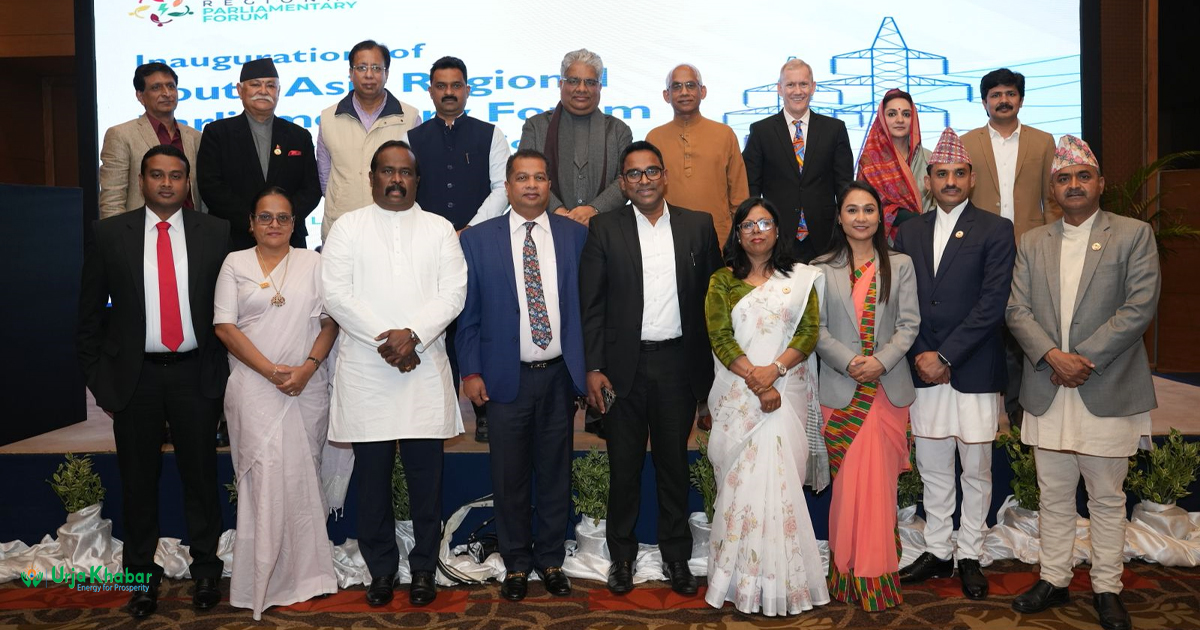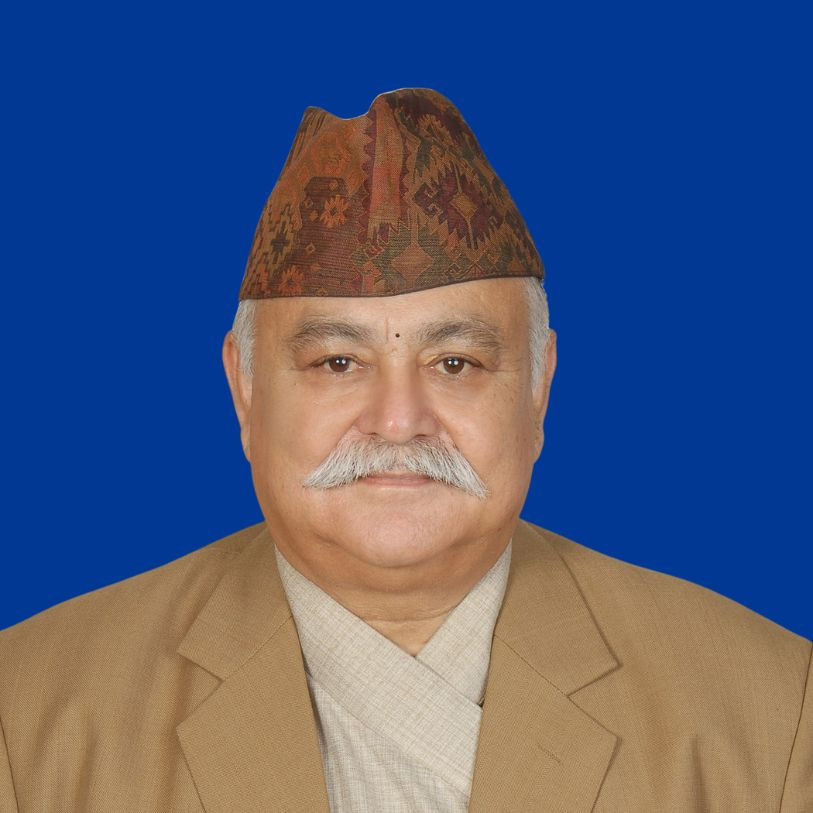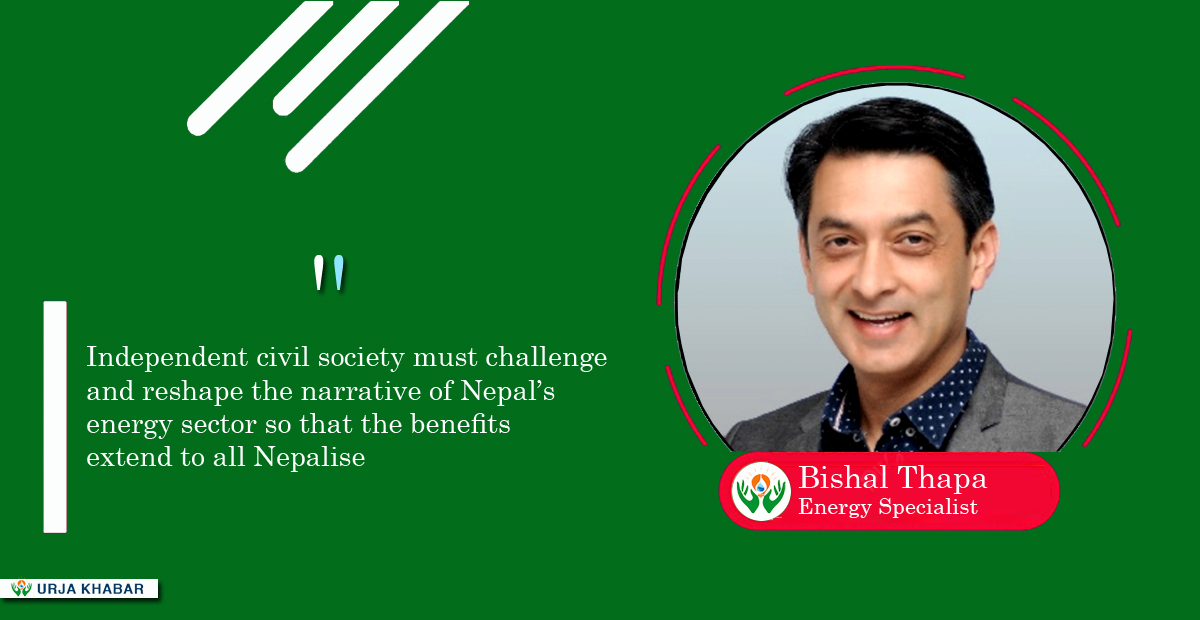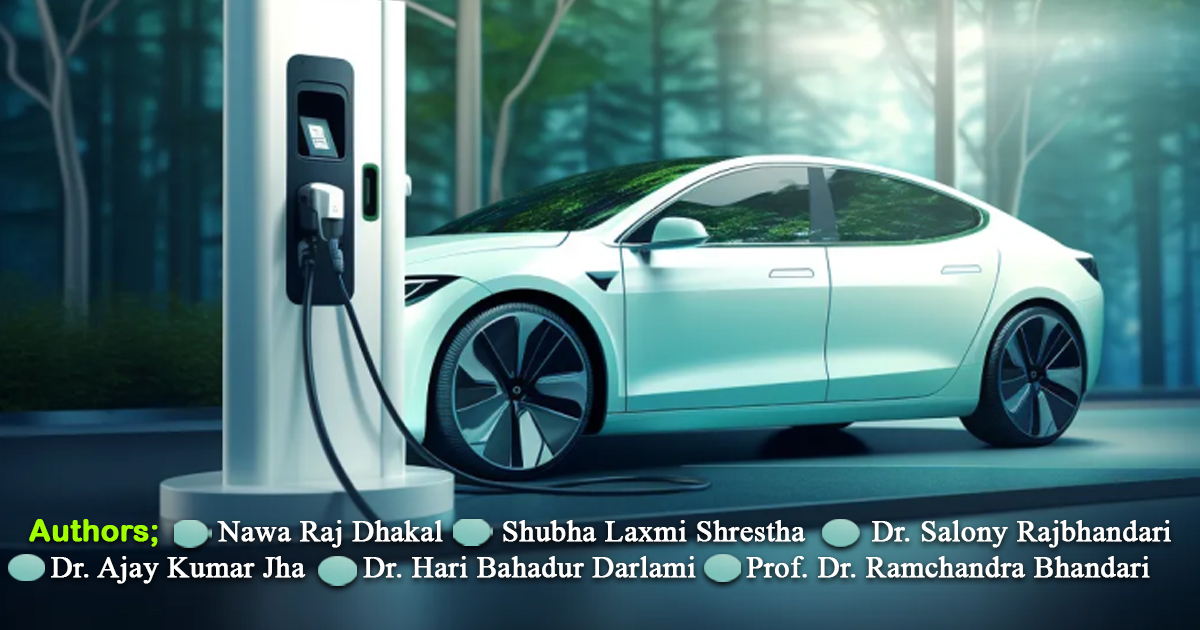Energy Update
Regional Energy Cooperation: A Pathway to Climate Justice and Sustainable Development

South Asian countries share a common commitment to climate justice. To achieve this, joint efforts are indispensable. The formal establishment of the South Asian Regional Parliamentary Forum (SARPF) offers a platform for meaningful collaboration, focusing on priority agendas such as regional energy cooperation. This collaboration is not just a necessity but an opportunity to address shared challenges while fostering mutual trust and strengthening the bonds of friendship among South Asian nations.
South Asia faces numerous environmental challenges rooted in climate change. The region is home to 25% of the global population, yet it struggles with strained economic conditions. A significant portion of resources is devoted to meeting basic needs, leaving limited capacity for climate preparedness and resilience-building. Despite contributing minimally to global greenhouse gas (GHG) emissions, South Asian countries bear a disproportionate burden of climate impacts. This situation underscores the unfair consequences of industrial development in more affluent nations that have driven global warming.

Economic integration within South Asia remains among the lowest globally. Genuine and collective efforts from all member countries are essential to reverse this trend. Given its economic strength, India has a pivotal role to play in driving the region toward greater integration and cooperation.
Nepal’s abundant clean energy resources, particularly its hydropower potential, provide a pragmatic solution for the region’s energy transition. Harnessing these resources can significantly reduce GHG emissions, helping South Asia align with its international climate commitments, including Net-Zero targets. This transition is critical not only for addressing climate change but also for promoting regional economic cooperation and stability.

Nepal’s commitment to substituting fossil fuels with renewable energy is evident in its endorsement of the Global Coal to Clean Power Transition at COP-26. As energy demands in South Asia rise alongside economic growth, Nepal is poised to play a crucial role in meeting these needs. By supplying clean energy to its neighbors, Nepal can enhance energy security, reduce grid emissions, and support de-carbonized economic development across the region.
The SARPF has a crucial role in advancing regional energy cooperation. It can address regulatory challenges, such as facilitating cross-border energy transactions and ensuring fair benefit-sharing mechanisms. Special emphasis should be placed on India’s Hydro Purchase Obligation program, which can enable the procurement of clean energy from Nepal’s hydropower projects. Such initiatives exemplify the spirit of regional friendship and collective progress.
Additionally, SARPF must tackle issues such as market access, equitable co-benefit sharing, and the development of robust cross-border transmission infrastructure. By fostering collaborative efforts, SARPF can amplify South Asia’s voice on climate justice and advocate for increased support from developed nations. This includes financial aid, technology transfer, and capacity-building initiatives to bolster resilience in the region.
Achieving unhindered energy flow among South Asian countries and establishing an environment conducive to clean energy transition should be the foremost objectives of regional cooperation. This strategy ensures the de-carbonization of South Asia’s economy, enhances energy security, and strengthens economic ties among member nations.
Nepal is ready to take a leading role in this transition. By leveraging its renewable energy resources, the country can help South Asia meet its growing energy demands, achieve significant emission reductions, and fulfill global climate commitments.
Nepal is ready to take a leading role in this transition. By leveraging its renewable energy resources, the country can help South Asia meet its growing energy demands, achieve significant emission reductions, and fulfill global climate commitments. However, challenges such as fair benefit-sharing mechanisms and regulatory barriers must be addressed collectively through platforms like SARPF.
South Asia’s path to climate justice and sustainable development hinges on robust regional energy cooperation. By leveraging shared resources and fostering collaboration, South Asian nations can create a resilient and economically integrated region that sets an example for the world in addressing climate challenges. The SARPF offers a promising foundation for these efforts, and Nepal remains steadfast in its commitment to supporting this shared vision for a sustainable and prosperous future.
This article is an edited version of a speech delivered by Deepak Bahadur Singh, Chairperson of the Infrastructure Development Committee of the Parliament of Nepal, at the South Asian Regional Parliamentary Forum (SARPF) for Energy Cooperation held last Friday in New Delhi.
Conversation
- Info. Dept. Reg. No. : 254/073/74
- Telephone : +977-1-5321303
- Email : [email protected]












 pokharel.jpg)

